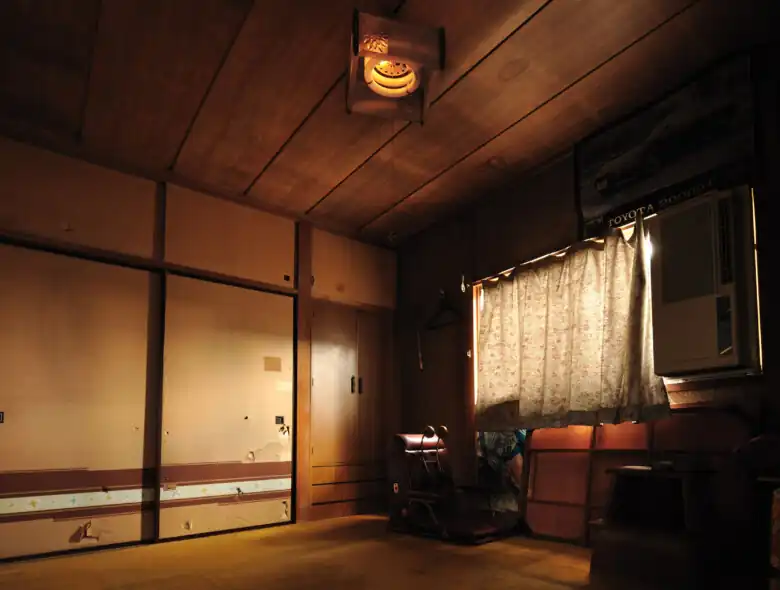In Japan, jiko bukken (事故物件) is a term commonly used in the Japanese real estate industry to refer to “incident apartments” or “stigmatized properties” as they are more commonly known in English. Officially, the term for these properties is shinri-teki kashi bukken (心理的瑕疵物件) which literally translates to “psychologically defective property”. It is a term used in the Japanese real estate industry to describe a property with a negative past.
While there is nothing physically wrong with the apartment or house or its location, there is something undesirable about the property due to its history, resulting in such properties often being 30% to 40% cheaper than the normal rent or sale price in its area.
If such properties interest you, read on. Speaking of properties, if you’re on the hunt for an apartment in Japan, check out Village House! There are no deposits (depending on credit check results and contract details), no renewal fees, no key money, and no handling fees.
Psychological defects
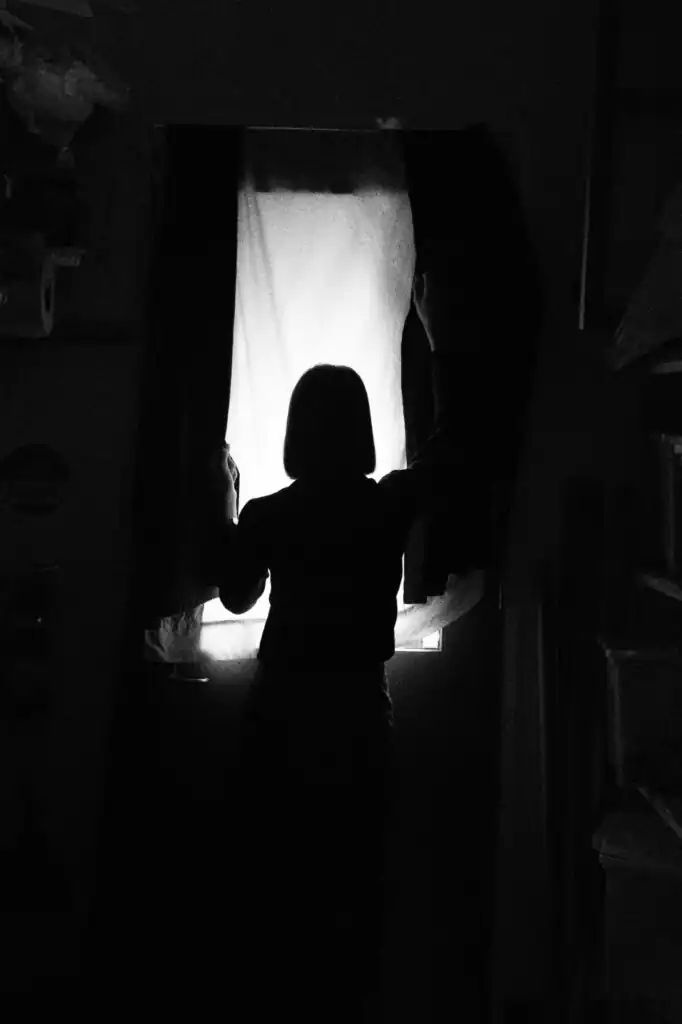
According to Japanese law, the “Building Lots and Building Transaction Business Law” requires property owners and real estate agents to be legally obligated to disclose any and all defects that may be detrimental to the prospective tenant, physiologically or psychologically. However, due to the vagueness of what constitutes “defects”, the Japanese Ministry of Land, Infrastructure, Transport and Tourism (MLIT) established new guidelines in October 2021 for property owners and real estate agents on how to manage and disclose stigmatized properties based on real-life cases and legal precedents.
One of the ways a property becomes a jiko bukken is when an adverse event occurs on or near the property that affects the property’s value and marketability. The occurrence of such events leaves a “psychological defect” on the property, and buyers and renters may, for example, be more hesitant to rent or purchase a property where a death has occurred, especially a death that was a result of suicide or violence.
Causes
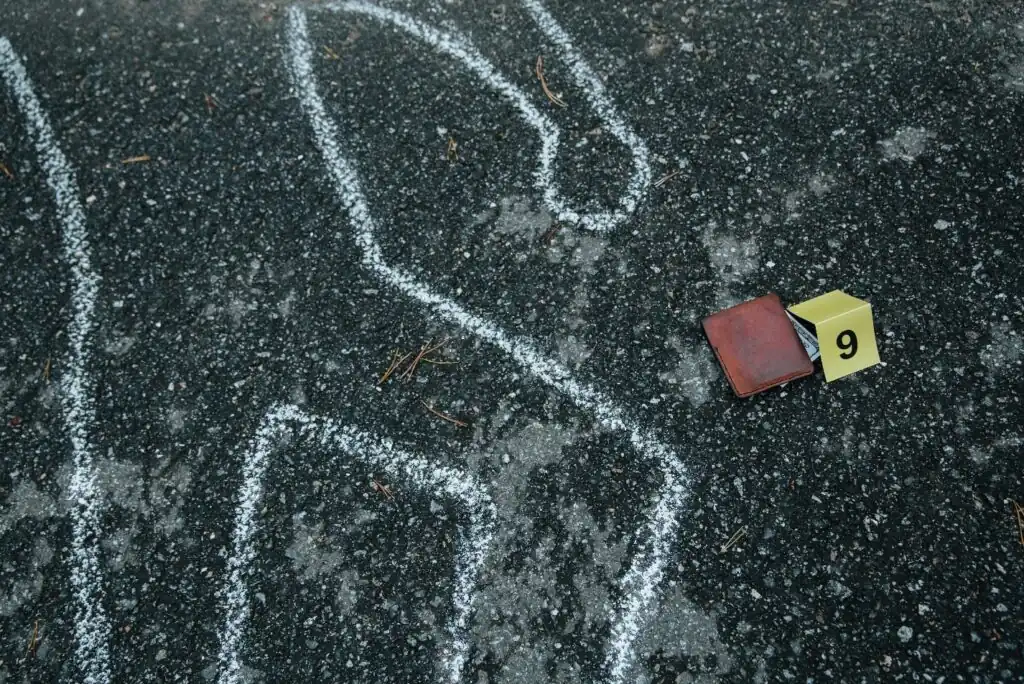
Death is one of the most common reasons for a property to become jiko bukken, whether it be from natural causes, an accident, suicide, or homicide. No matter how the death occurred, people often tend to be uncomfortable buying or renting a property with such dark history.
However, it’s not only death that can leave a property with “psychological defects”. Properties and areas with the following issues may also be classified as jiko bukken properties as they affect their marketability and value:
- Criminal activity – properties, buildings, and neighborhoods that have a history of criminal and gang activity, presence of drug use, site of a scam, etc.
- Damage – properties, buildings, or neighborhoods with a history of fires, gas leaks, animal infestation, flooding, asbestos, mold, etc.
- Famous/Infamous – properties, buildings, and locations that were featured in popular media like a film or TV show, previously owned by a celebrity, notorious public figure, or historical figure, or was the site of a notable historical event
- Human issues – properties, buildings, and neighborhoods that have experienced cult activity, ownership and inheritance disputes, debt issues, or was the property of a previous tenant who had been stalked
- Location – properties and buildings constructed over an old well or spring, located near a waste treatment plant, a chemical plant, a burial site, near graveyards, cemeteries, and crematoriums, or near roads with frequent traffic and/or traffic accidents, i.e. kankyo-teki kashi bukken (環境的瑕疵物件) properties
- Supernatural – properties, buildings, and neighborhoods with reports of hauntings and supernatural activity, especially if caused by a particularly violent, gruesome, or unnatural death
Guidelines

As previously mentioned, property owners and real estate agencies are obligated by law to disclose any death-related incidents along with other issues that classify a property as jiko bukken to potential tenants or buyers.
If a real estate agency acts on behalf of the property owner, the agency is then responsible for gathering information about the property from the owner and conducting investigations in response to inquiries about previous incidents.
When it comes to death on the property, especially death by suicide or unnatural causes, Japanese real estate transaction law requires this information to be included in the “Important Details and Particulars” document that then needs to be signed before the finalization of the lease or sales contract. A death on the property not only includes death inside the house or apartment, but in common areas of an apartment building such as the elevator or stairwells. Failure to disclose such incidents and “psychological defects” may result in legal repercussions for the real estate agent and/or property owner.
Disclosure of such incidents must be made to the potential buyer or tenant up to three years after the incident occurred. After this period has lapsed, the real estate agent or property owner is no longer legally obligated to include such information. An exception to this would be incidents that had a significant impact on society; the real estate agent or property owner is then still required to inform the buyer or renter about the incident regardless of how long ago the incident occurred.
Bargains

Due to its “psychological defects”, a jiko bukken property may have reduced marketability and value, resulting in it being more difficult to rent or sell. To counteract this issue, landlords and real estate agencies usually offer discounts and other incentives such as furnishings and appliances to attract potential tenants and buyers.
Depending on the incident that occurred on or near the property, landlords or real estate agencies may offer the following discounts:
- A 5% to 10% reduction on the rent or sale price if a natural or lonely death occurred. A natural death is when someone dies of natural causes and a lonely death is when someone dies alone due to natural causes or illness.
- Properties where a suicide occurred may see a discount of 10% to 30% depending on whether the death occurred inside the apartment or house, or in one of the apartment building’s common areas.
- Properties where violent and gruesome deaths, including homicide, occurred may see rent or sale price be deducted up to 50%
Furthermore, properties with a history of supernatural activity such as hauntings or cult activity may also affect their value and marketability, and those brave enough to stay in such properties may take advantage of this information to try to negotiate for a more attractive price. The same applies to properties that have both physical and psychological defeats. If such properties intrigue you, you can visit this website which lists stigmatized properties not only in Japan but around the world.
Look out for…
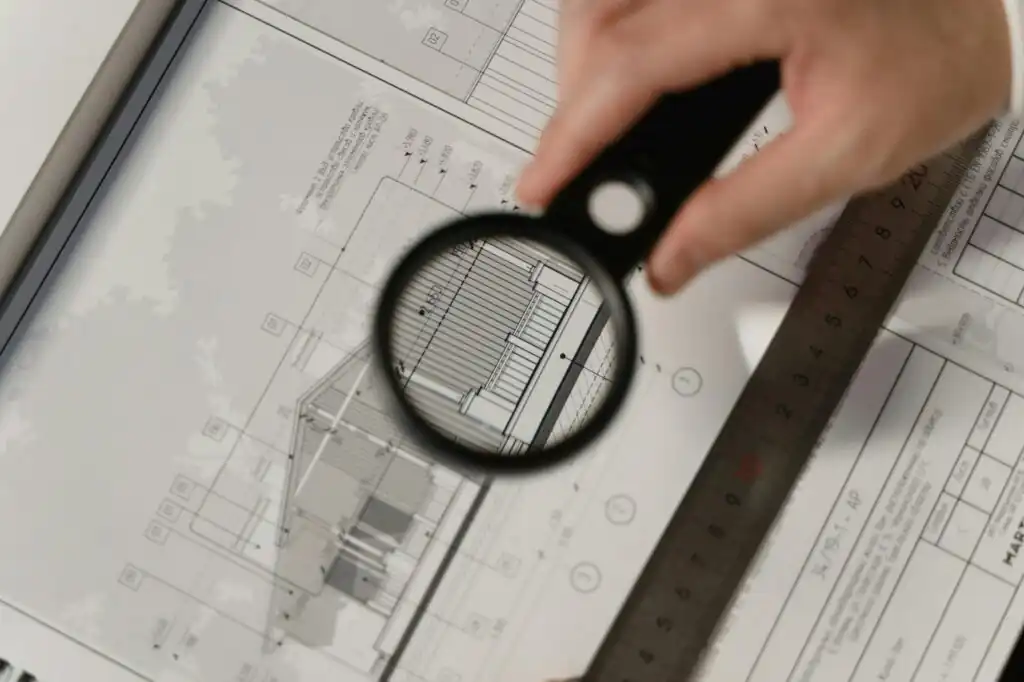
When apartment hunting or looking for a house to buy, if the price is too good to be true, especially in an area known for its expensive price tag, it’s worth being diligent about doing your homework before signing the lease or sales contract.
Reputable real estate agencies and property owners should disclose to the potential buyer or renter about past incidents, but this is not always a guarantee. Aside from reviewing the property’s documentation carefully, here are some things to look out for when personally inspecting the property:
- The apartment building is old, but the apartment itself has been completely renovated and looks brand new
- One room or area of the house or apartment has been renovated and looks newer than the rest of the property
- Appliances and furnishings don’t match – some are new and some are old
In addition to physically inspecting the property yourself, you can do some research on the area and neighborhood both online and in person by talking to the neighbors if you’ve got a good grasp of the Japanese language. You can always ask the property owner or real estate agent the following questions:
- How long did the previous tenant live here and what was the reason for them moving out?
- How long has the property been vacant for? (If the property is in a desirable area but has been vacant for a long time, it’s good to ask why it has been vacant for that long.)
- Does the building / area / neighborhood have a history of ____? (If you’ve already done your research beforehand, you can use this knowledge to test the real estate agent or property owner’s answers and responses.)
- Is the price negotiable? / What incentives / furnishings are included?
If you’re someone who is actively seeking out a jiko bukken property, you may want to disclose this to the real estate agent or property owner as they then may be more forthcoming with information about the property.
For more information about jiko bukken, check out our article here: Six Websites to Research Jiko Bukken or Stigmatized Properties!
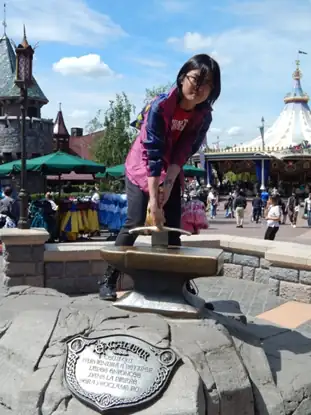
Freelance writer with over 2 years of experience writing for the Village House Blog, ESL teacher, and digital nomad who has lived in countries including The Czech Republic, The UK, The U.A.E., Japan, and most recently, Georgia. Is constantly on the hunt for the best, most optimal apartment for remote work when not enjoying going to film festivals, concerts, and the theater.


